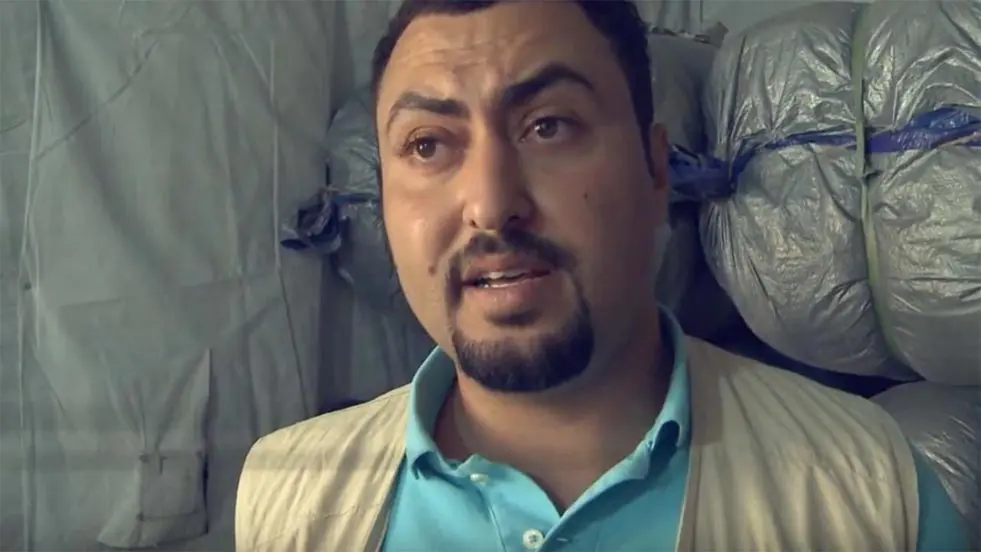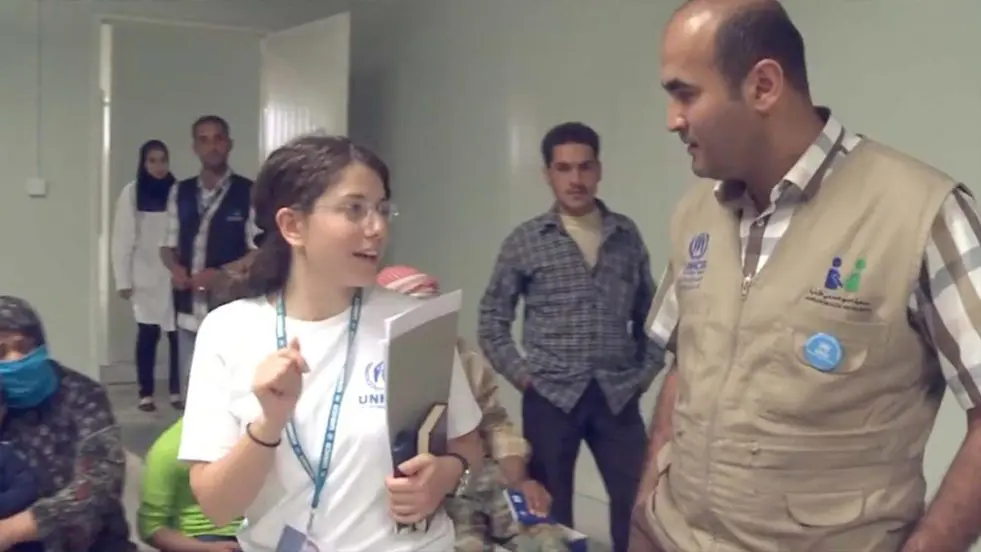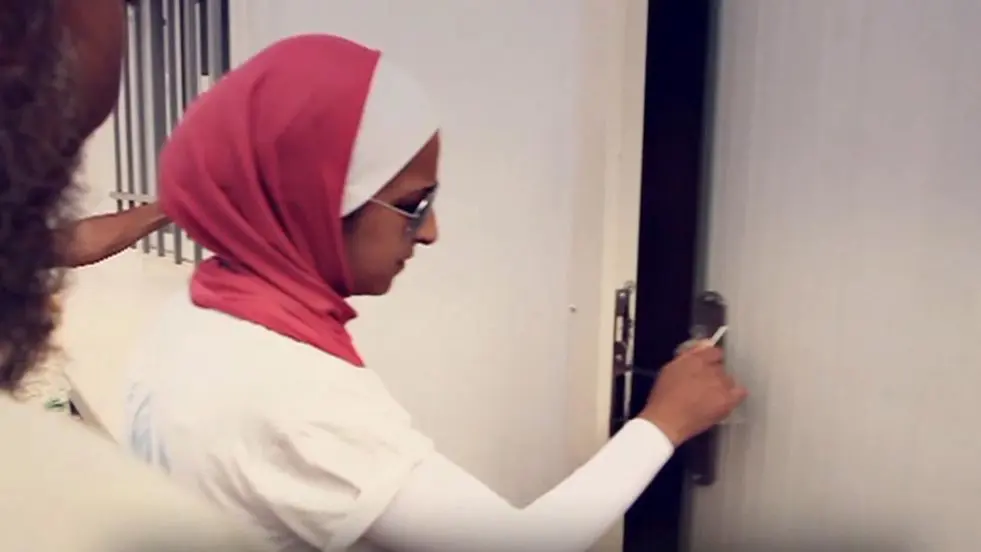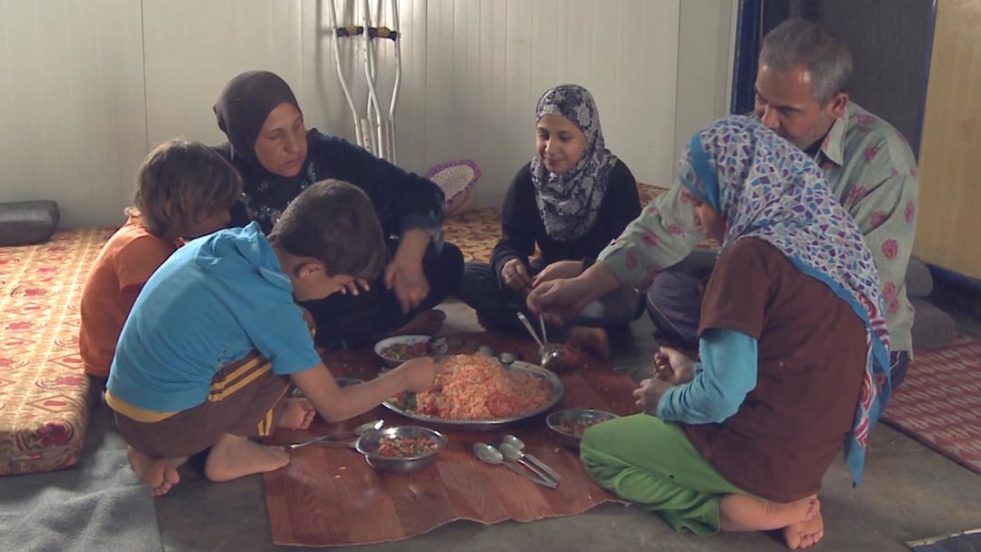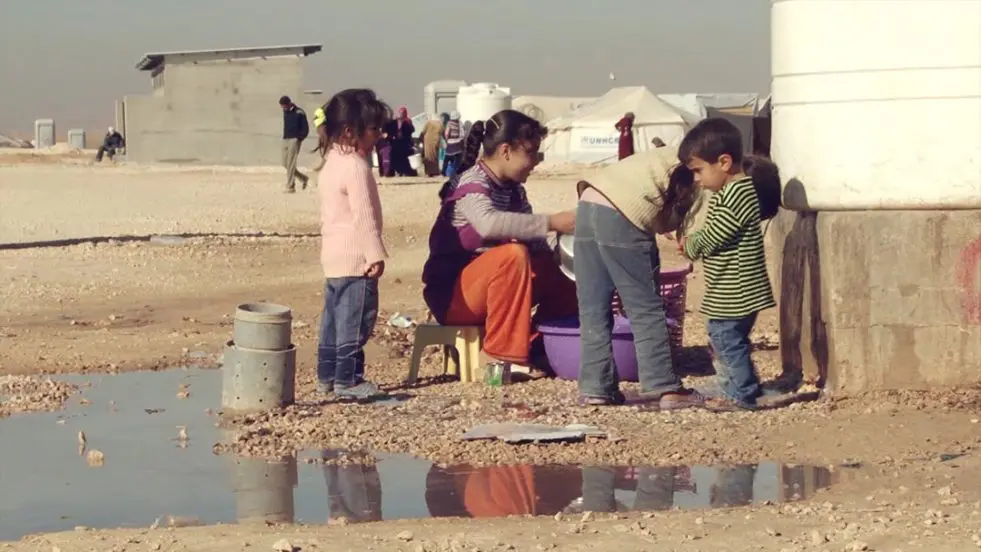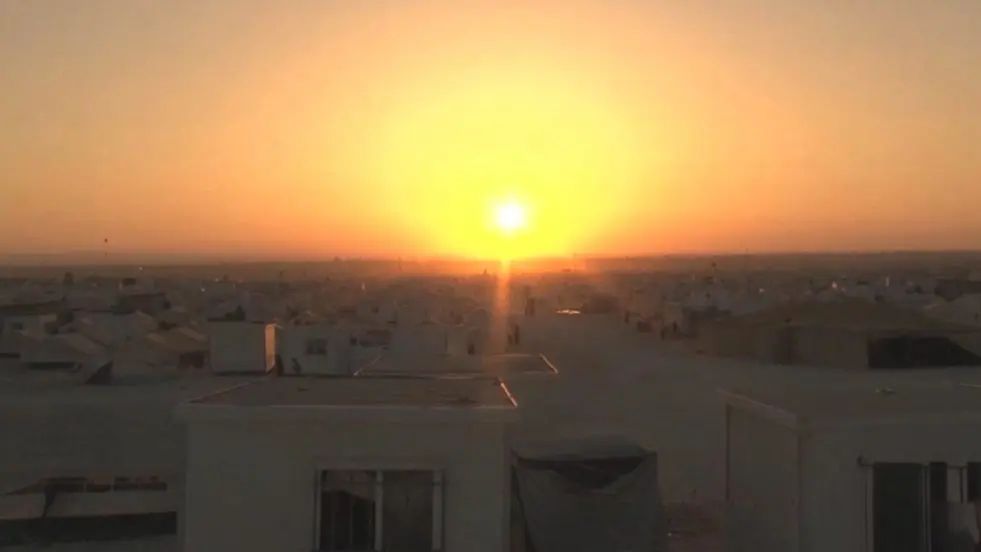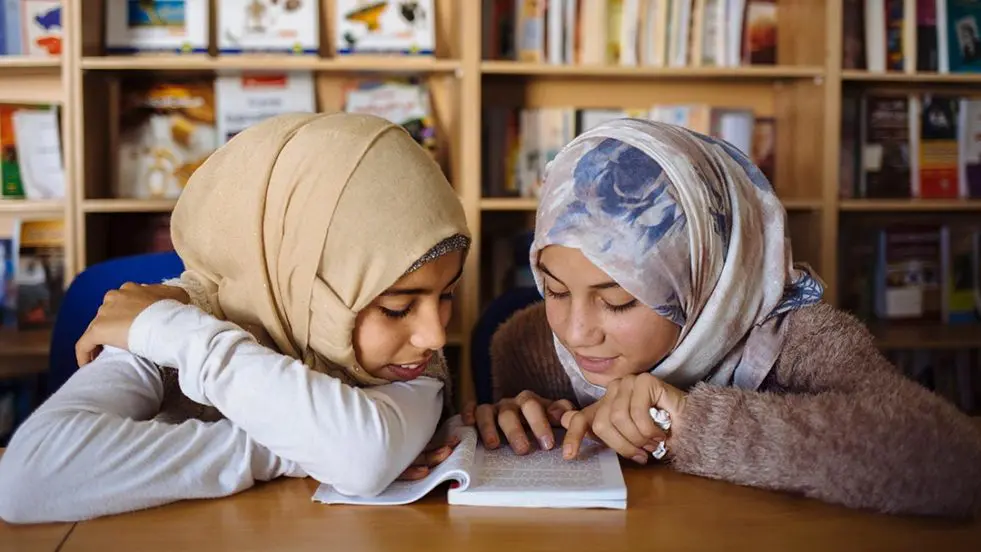EPISODE 1 OF BETWEEN LIVES (S1):
For the Record
Welcoming refugees
S1E1: For the record
In Episode 1 of Between Lives, meet Abdul, Farida and their children – one of the families you are helping to support – as they settle into Za’atari Camp, Jordan after fleeing conflict in Syria.
UNHCR Community Services Officer, Ihab Shaban, explains how the registration process is the first and most important step in helping refugees.
Want to see the whole story?
Did you know?
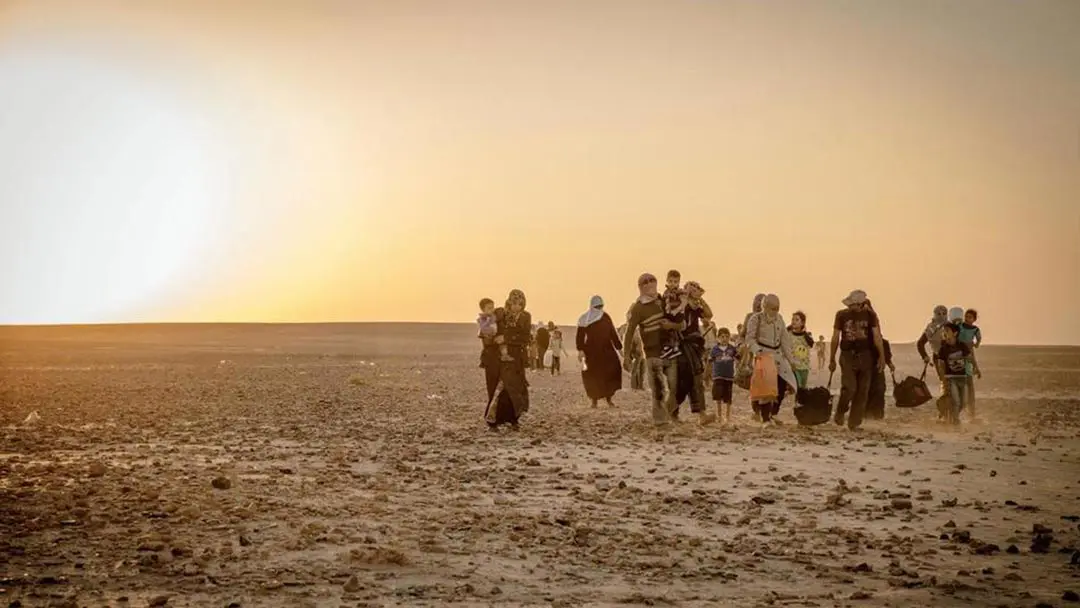
Did you know that registering people with UNHCR is one of the most important things we do?
It’s so much more than just keeping a record – it’s about telling people that they don’t have to run any more, that they are safe under our protection.
Refugees often arrive exhausted, dehydrated and hungry. But our teams are there to provide families with a warm meal, plenty to drink and any medical treatment they need. Each family will then be given a new shelter, along with sleeping mats, blankets and cooking utensils to make it into a home.
Your regular support means that we can be ready and waiting for the thousands of families who are forced from their homes by conflict each day. We can help them find a new life, safe from harm.
Meet the family
Left to right: Abdul, Nada (12), Nisreen (14), Younes (16), Inaam (5), Sihan (10) and Ibrahim (7). Eldest daughter Nora (16) was not present when this photo was taken. Credit: ©UNHCR/S.Rich
Before war broke out, Abdul, Farida and their children lived in Dara’a, Syria. They ran a small supermarket from their home, grew their own produce and all the children attended school. Life was good – until the war ripped their lives apart.
After losing friends and neighbours to the conflict, the family realised that they couldn’t deal with the deadly bombardments any longer. They left their business, their beautiful home and everything they knew to find safety.
Abdul said: “What should I say? It’s impossible to stay the same after what we’ve seen. I feared for my children. They were all targets, wherever they were. Even schools were not safe anymore. When the bombing happened at her school, my daughter Nada saw her friend blown into pieces. Little children are seen as potential ‘terrorists’ so they get killed. How can I see people I know die in front of me, and not change? It’s impossible. The situation has forever changed. If I go back to my town now, I won’t recognise it.”
“Staying in Syria was not an option. If we had stayed we would have been facing death. So we came to Jordan.”
“Life in Za’atari is tough, but my children are safe. And we have been here for a long time and conditions are improving. The camp has rescued me and my children. How would we have survived any longer in Syria, when I cannot run or find a safe place to hide?”
Facts and Figures
The camp population 76,878, exclusively Syrian refugees
Places of origin include Dara’a (80%) and Rural Damascus (14%)
19,243 children are enrolled in school
30% of refugees are female headed households
55% are under 18, 18.9% of whom are under 5 years old
13,773 refugees have active work permits – 23% are women
Statistics correct as of May 2020



